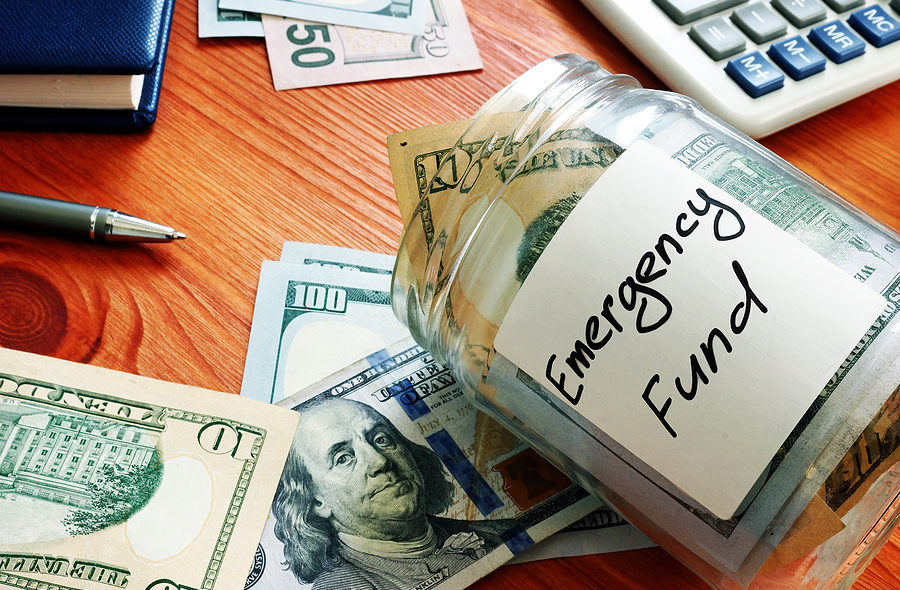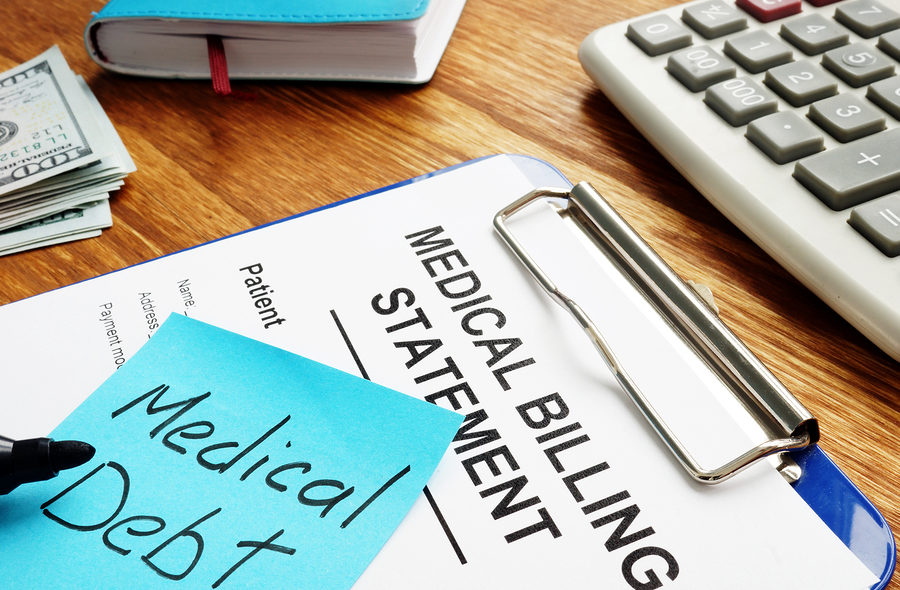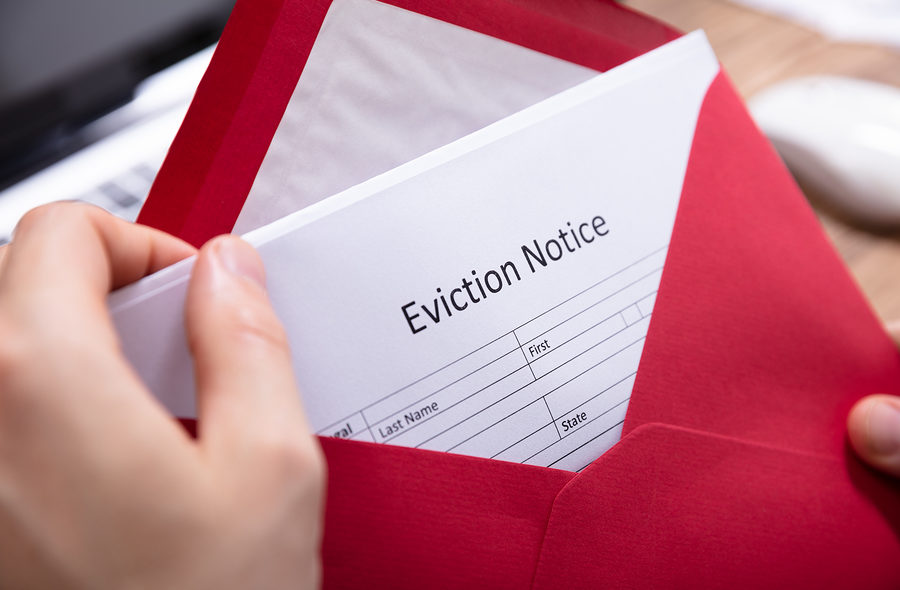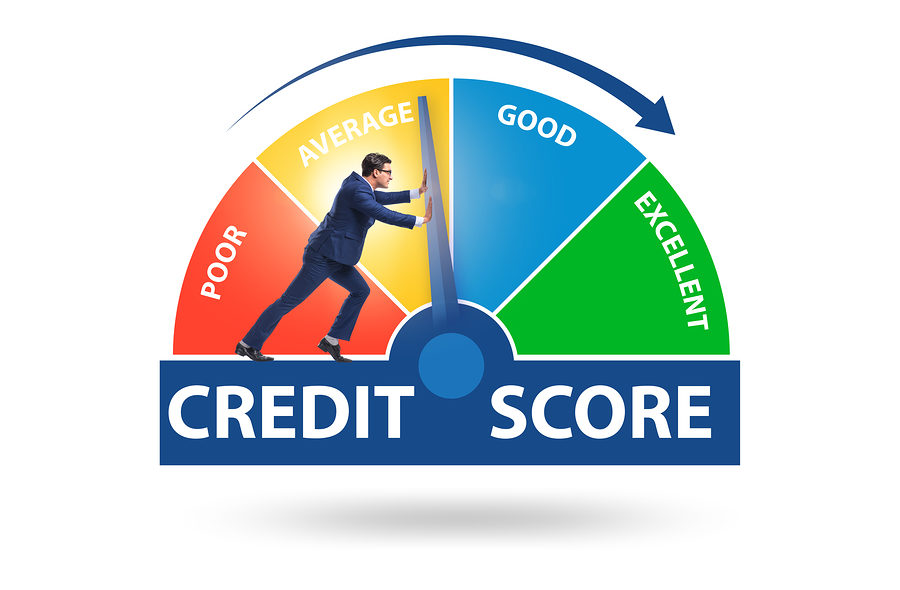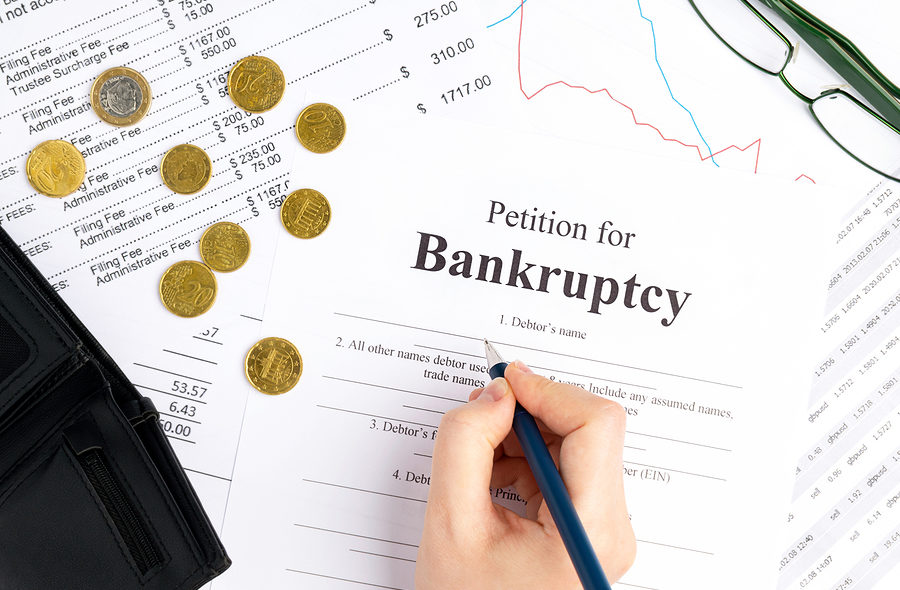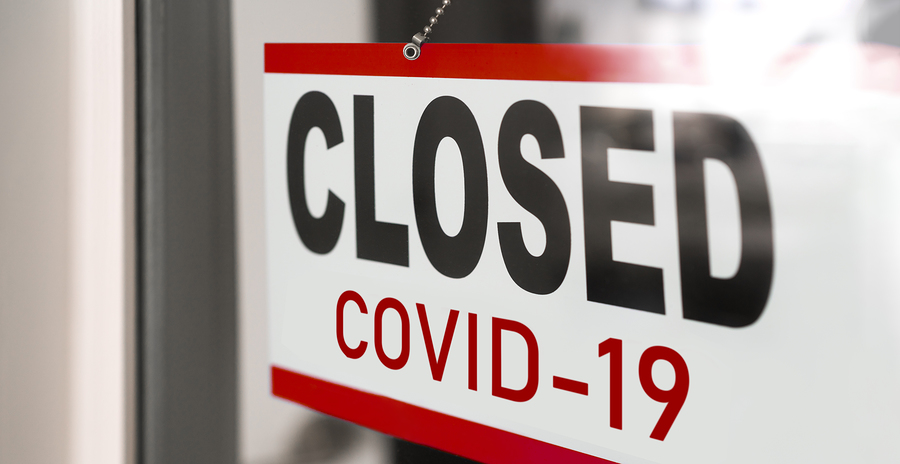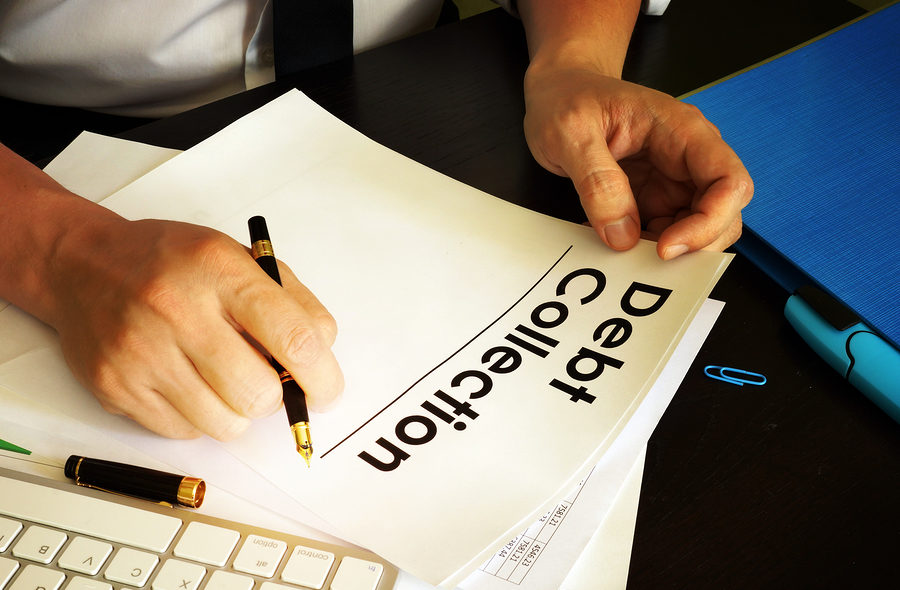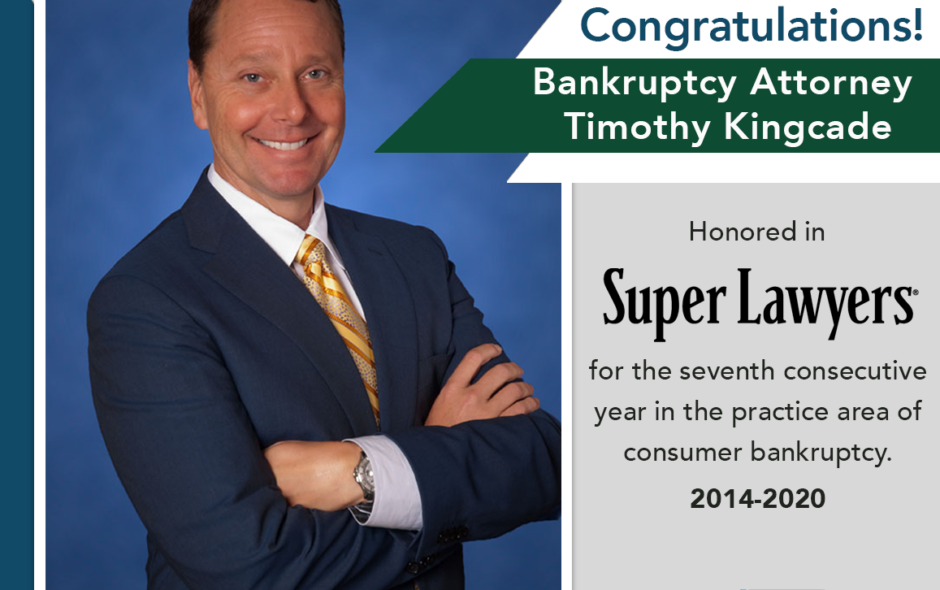Financial experts recommend that consumers put away a little money every paycheck towards an “emergency fund.” This money is meant to cover the ‘unexpected expense,’ whether that be a car repair, medical bill, or essential home repair. With the current coronavirus (COVID-19) pandemic and many people losing their jobs, it may be time to utilize your emergency fund.
Financial Hardship
One of the most common circumstances where a person would utilize their emergency fund is in response to financial hardship. The stimulus funds offered by the CARES Act helped for a short period of time, and many landlords, mortgage holders, credit card companies and other creditors have been willing to work with individuals who are struggling to pay their bills as a result of this crisis. However, even with that help, a person may still need to take some money from their emergency savings to pay for bills that need paid. Once your income returns, then begin replenishing the money taken from savings.

